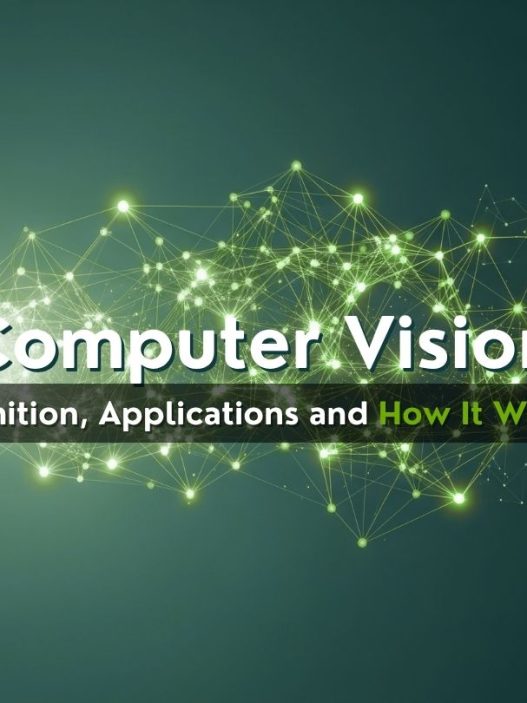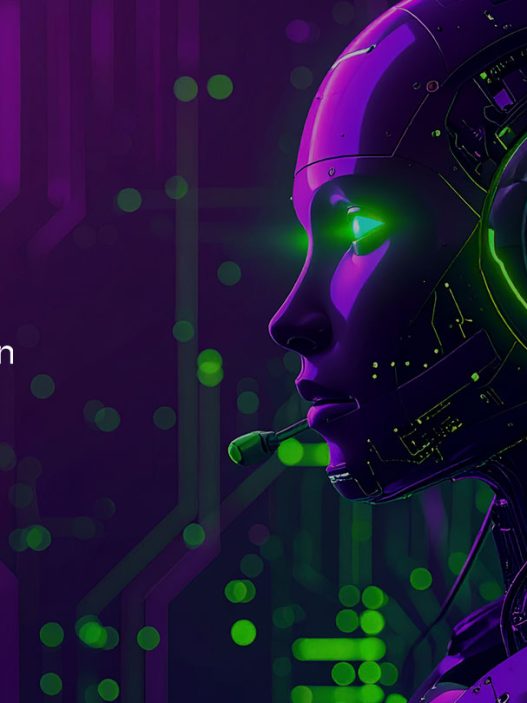AI ethics represents the moral principles and guidelines that govern the development and deployment of artificial intelligence systems in today’s rapidly evolving technological landscape.
I’ve spent over two decades watching technology transform industries, but nothing has captured my attention quite like the ethical challenges surrounding artificial intelligence. As someone who has witnessed countless digital revolutions, I can confidently say that AI ethics isn’t just a buzzword—it’s the foundation that will determine whether AI becomes humanity’s greatest ally or its most dangerous adversary.
The statistics are staggering: according to recent industry reports, over 94% of data and AI leaders acknowledge that interest in AI is driving greater focus on ethical considerations. Yet, most organizations are still flying blind when it comes to implementing comprehensive ethical AI practices.
In this guide, I’ll walk you through everything I’ve learned about building responsible AI systems that not only drive business value but also protect human rights and societal well-being.
What Makes AI Ethics More Critical Than Traditional Technology Ethics?
When I first started writing about technology ethics in the early 2000s, the conversation was relatively straightforward. We worried about data privacy, security breaches, and digital divides. Today’s AI landscape presents challenges that would have seemed like science fiction just a decade ago.
Artificial intelligence ethics encompasses a complex web of considerations that traditional technology ethics never had to address. Unlike conventional software that follows predetermined rules, AI systems learn, adapt, and make decisions with a level of autonomy that can have far-reaching consequences.
“AI technology brings major benefits in many areas, but without the ethical guardrails, it risks reproducing real world biases and discrimination, fueling divisions and threatening fundamental human rights and freedoms.” – UNESCO
The key difference lies in AI’s ability to influence human behavior at scale. When an AI system makes a biased decision about hiring, lending, or healthcare, it doesn’t just affect one transaction—it can perpetuate systemic inequalities across millions of interactions.
What Are the Core Principles of AI Ethics?
Through my research and analysis of leading responsible AI implementations, I’ve identified six fundamental principles that form the backbone of any effective ethical AI system:
- Fairness and Non-Discrimination AI systems must treat all individuals and groups equitably, avoiding bias based on race, gender, age, or other protected characteristics.
- Transparency and Explainability Stakeholders should understand how AI systems make decisions, especially in high-stakes scenarios like healthcare or criminal justice.
- Privacy and Data Protection Personal information must be handled with utmost care, following established data protection practices and user consent protocols.
- Accountability and Responsibility Clear chains of responsibility must exist for AI system outcomes, with mechanisms for oversight and correction.
- Human Oversight and Control Humans must maintain meaningful control over AI systems, particularly in critical decision-making processes.
- Safety and Reliability AI systems must perform consistently and safely across different use cases and contexts.
| Principle | Implementation Priority | Common Challenges |
| Fairness | High | Biased training data |
| Transparency | High | Black box algorithms |
| Privacy | Critical | Data collection scope |
| Accountability | Medium | Responsibility gaps |
| Human Oversight | High | Automation bias |
| Safety | Critical | Edge case scenarios |
How Do Organizations Address AI Ethics Challenges?
In my analysis of successful AI ethics implementations, I’ve observed three distinct approaches that organizations use to embed ethical considerations into their AI development:
Three Main Approaches:
A. The Centralized Approach Organizations like Microsoft and Google establish dedicated AI ethics teams that oversee all AI projects across the company. This approach ensures consistency but can create bottlenecks in fast-moving development cycles.
B. The Distributed Model Companies integrate ethical considerations into existing teams and processes. While this promotes ownership at every level, it requires extensive training and cultural change management.
C. The Hybrid Model The most successful organizations I’ve studied combine both approaches—central oversight with distributed responsibility. This model provides the benefits of consistency while maintaining agility in implementation.
Note: Research shows that organizations with hybrid AI ethics approaches are 40% more likely to successfully deploy AI systems without significant ethical incidents.
Which AI Ethics Standards Should Organizations Follow?
After evaluating dozens of guidelines, I’ve found that no single approach fits every organization. However, certain standards have gained international recognition for their comprehensive and practical approach:
Four Leading AI Ethics Standards:
1. UNESCO’s AI Ethics Recommendation As the first global standard on AI ethics, UNESCO’s recommendation provides a human-rights centered approach with ten core principles. It’s particularly valuable for organizations operating internationally, as it’s applicable to all 194 UNESCO member states.
2. Microsoft’s Responsible AI Principles Microsoft’s approach consolidates essential practices for compliance with emerging AI laws and regulations. Their method is particularly strong in providing practical tools and implementation guidance.
3. OECD AI Principles The OECD standard offers the first intergovernmental guidelines on AI, promoting innovative and trustworthy AI that respects human rights and democratic values.
4. Google’s AI Principles Google’s approach emphasizes beneficial AI that avoids creating or reinforcing unfair bias, while being built and tested for safety.
Key Insight: The most effective approach often involves adapting elements from multiple standards rather than adopting a single guideline wholesale.
What Are the Most Common AI Ethics Violations?
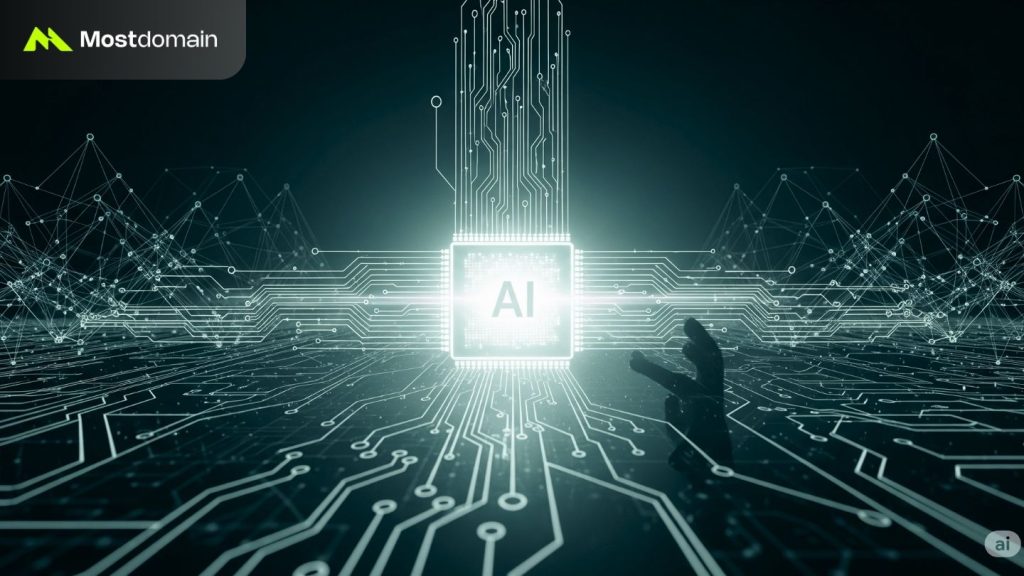
Through my work with various organizations, I’ve identified the most frequent ethical issues that arise in AI development and deployment:
Three Primary AI Ethics Challenges:
Challenge #1: Algorithmic Bias and Discrimination AI systems often perpetuate or amplify existing societal biases, leading to unfair treatment of certain groups. This is particularly problematic in hiring, lending, and law enforcement applications.
Challenge #2: Privacy Violations and Data Misuse Organizations frequently collect and use personal data without proper consent or transparency, violating user privacy and trust.
Challenge #3: Lack of Transparency Many AI systems operate as “black boxes,” making it impossible for users to understand how decisions are made or to challenge unfair outcomes.
Top AI Ethics Violations:
I. Discriminatory hiring algorithms
II. Biased facial recognition systems
III. Predatory targeting in advertising
IV. Unauthorized data collection
V. Lack of algorithmic accountability
Inadequate Human Oversight Organizations often deploy AI systems without sufficient human supervision, leading to automated decisions that lack human judgment and empathy.
How Can Organizations Build Ethical AI Systems?
Based on my research and industry observations, successful organizations follow a structured approach to AI ethics implementation:
Start with Leadership Commitment Ethical AI initiatives fail without strong leadership support. I’ve seen too many well-intentioned programs stall because executives view ethics as a compliance checkbox rather than a business imperative.
Establish Clear Governance Organizations need formal processes for reviewing AI projects, assessing ethical risks, and ensuring ongoing compliance with ethical standards.
Four-Phase Implementation Timeline:
• Phase 1 (Months 1-2): Leadership alignment and governance structure
• Phase 2 (Months 3-4): Team formation and training
• Phase 3 (Months 5-6): Pilot program launch
• Phase 4 (Months 7-12): Full implementation and monitoring
Invest in Diverse Teams The most successful implementations involve diverse teams including technologists, ethicists, legal experts, and community representatives. This diversity ensures a comprehensive perspective on ethical implications.
Why Do AI Ethics Violations Continue to Occur?
Despite growing awareness, AI ethics violations continue to make headlines. In my analysis, several systemic issues contribute to this ongoing problem:
Four Core Systemic Issues:
→ The Innovation-Ethics Tension The pressure to deploy AI quickly often conflicts with the time needed for thorough ethical review. Organizations struggle to find the right balance between speed and responsibility.
→ Lack of Technical Infrastructure Many organizations lack the tools and systems needed to monitor AI behavior for ethical violations. Without proper monitoring, problems often go undetected until they cause significant harm.
→ Skills and Knowledge Gaps Most organizations lack personnel with both technical AI knowledge and ethics expertise. This creates blind spots in identifying and addressing potential ethical issues.
→ Regulatory Uncertainty The evolving nature of AI regulation creates uncertainty about what standards organizations should follow, leading some to adopt minimal compliance approaches.
What Does the Future Hold for AI Ethics?
As I look toward the future of responsible AI, several trends are becoming increasingly clear:
Three Major Future Trends:
🔹 Regulatory Convergence Governments worldwide are developing AI regulations, and we’re seeing increasing convergence around core principles. Organizations that implement comprehensive ethics practices now will be better positioned for future compliance requirements.
🔹 Automated Ethics Monitoring New tools are emerging that can automatically detect bias, privacy violations, and other ethical issues in AI systems. These technologies will make ongoing monitoring more feasible for organizations of all sizes.
🔹 Stakeholder Engagement Evolution The conversation around AI ethics is expanding beyond technologists to include broader community voices. Organizations must prepare for increased scrutiny and engagement from diverse stakeholder groups.
Key Future Considerations:
(a) Environmental impact of AI development
(b) AI’s effect on human autonomy and dignity
(c) Ethical implications of artificial general intelligence
(d) Global cooperation on AI governance
Taking Action: Your Path to Ethical AI
After spending years researching and writing about technology ethics, I’m convinced that organizations can no longer afford to treat AI ethics as an afterthought. The cost of getting it wrong—in terms of reputation, regulation, and human impact—is simply too high.
The principles and strategies I’ve outlined in this guide provide a roadmap for building trustworthy AI systems that benefit both your organization and society. The key is to start now, start small, and iterate based on learning and feedback.
Remember: ethical AI isn’t about limiting innovation—it’s about ensuring that innovation serves humanity’s best interests. Organizations that embrace this philosophy will not only avoid ethical pitfalls but also build stronger, more sustainable competitive advantages.
The question isn’t whether your organization needs to address AI ethics—it’s whether you’ll do so proactively or be forced to react after problems arise.
References
- Cloud Security Alliance. (2025). AI and Privacy: Shifting from 2024 to 2025. cloudsecurityalliance.org
- IBM Think. (2025). AI ethics and governance in 2025: A Q&A with Phaedra Boinidiris. ibm.com
- GDPR Local. (2025). Top 5 AI governance trends for 2025: Compliance, Ethics, and Innovation after the Paris AI Action Summit. gdprlocal.com
- UNESCO. (2022). Ethics of Artificial Intelligence. unesco.org
- Microsoft AI. Responsible AI: Ethical policies and practices. microsoft.com
- Google AI. AI Principles. ai.google
- OECD. AI Principles. oecd.org
- MIT Sloan Management Review. (2025). Five Trends in AI and Data Science for 2025. sloanreview.mit.edu
- Indeed Hiring Lab. (2025). The Rise of Responsible AI Jobs. hiringlab.org
- IBM Think. (2025). What is AI Ethics? ibm.com


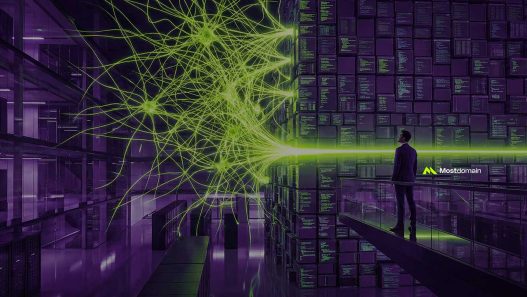



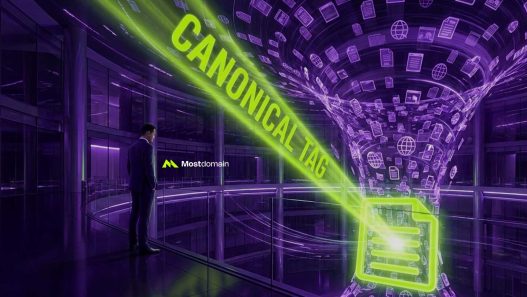


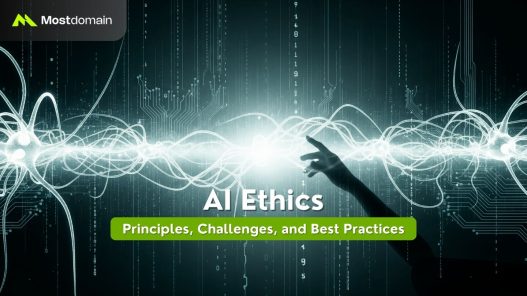
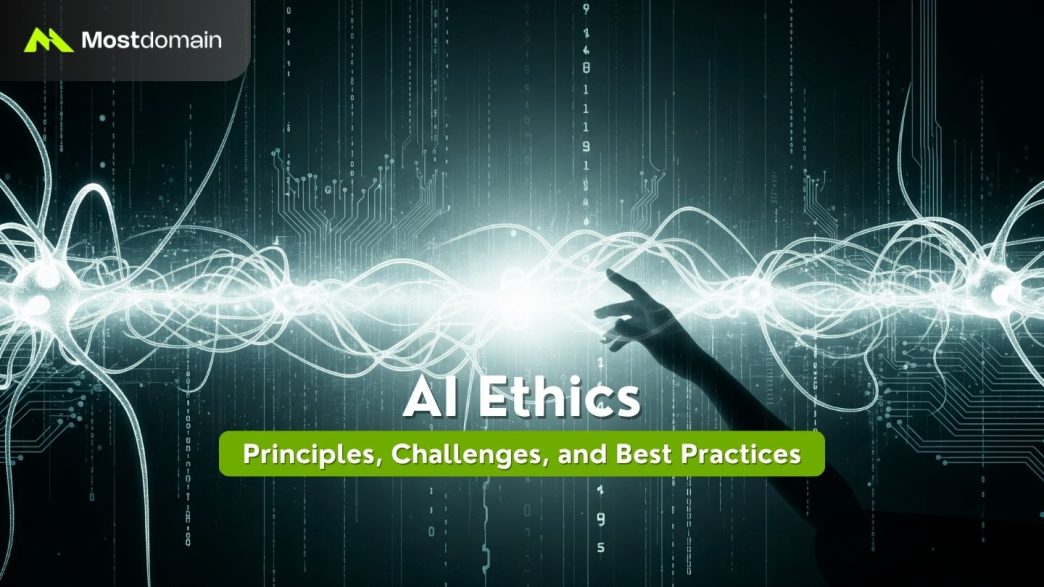




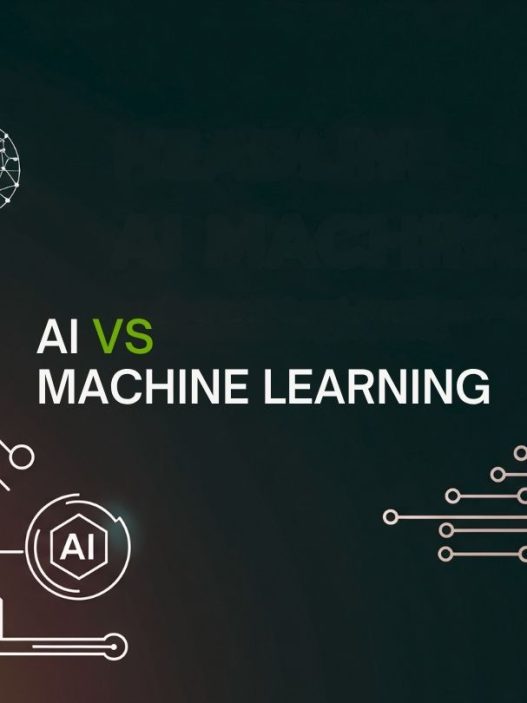
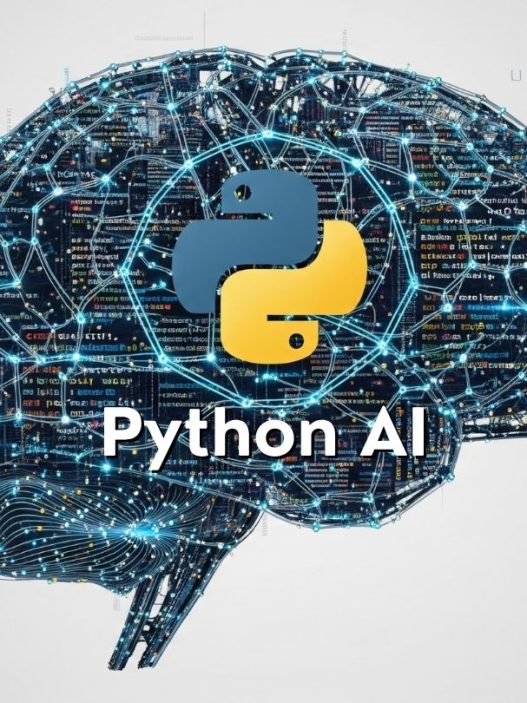
![AI Chatbot: Best Platforms, Implementation & Use Cases [2025]](https://mostdomain.net/wp-content/uploads/2025/08/AI-Chatbot-mostdomain.net_-527x703.jpg)
